Think riddles are just for kids? Think again! It’s time to challenge that grey matter with some adult riddles that’ll keep you guessing. Offering more than just a fun pastime, riddles for adults are a great way to sharpen your mind, improve memory, and stimulate those cognitive muscles.
From the tricky to the humorous, the complex to the cryptic, riddles come in all shapes and sizes. They’ve been a part of human culture for centuries, and there’s a good reason for that. Not only do they entertain, but they also educate, forcing us to think outside the box and view things from a different perspective.
So, ready to put your brain to the test? Let’s dive into the fascinating world of adult riddles and discover why they’re more than just child’s play.
Riddles for Adults

Diving deeper, we step into the intriguing sphere of riddles intended for adults. Riddles for adults stimulate cognitive abilities and function as an enjoyable yet beneficial pastime.
Riddles, fundamentally, are elegant mind-puzzlers. They pose a question, requires thoughtful consideration, and often demand unconventional thinking to arrive at a solution. Not confined to being humorous quizzical teasers for children, they morph into ingenious, complex brain teasers when tailored for adults. Adult riddles incorporate a broader range of themes, often including mature humor, complex wordplay, or advanced themes beyond a child’s comprehension.
The Importance of Riddles in Adult Learning
Adult learning is a never-ending cycle, and riddles provide a potent means to facilitate it. Adult-focused riddles play a paramount role in enhancing cognitive skills, stimulating logical thinking and problem-solving abilities. They coax the learners to view scenarios from varied perspectives, developing lateral thinking and promoting mental agility. Furthermore, adult riddles foster improved focus and concentration, acting as mental exercise that boosts neuroplasticity. In contrast to the misconception that riddles are simply juvenile diversions, they indeed further cognitive development and offer enriching learning experiences for adults.
The Psychology Behind Riddles for Adults
This section delves into the fascinating psychology behind adult riddles, deciphering how they stimulate brain activity and promote mental fitness.
How Riddles Stimulate Brain Activity
 Engaging in riddles for adults activate numerous brain areas simultaneously. For instance, the left hemisphere, responsible for logical thought, gets triggered when decoding a riddle’s structured syntax. Simultaneously, the right hemisphere that governs creativity, processes the misleading metaphors often found in riddles.
Engaging in riddles for adults activate numerous brain areas simultaneously. For instance, the left hemisphere, responsible for logical thought, gets triggered when decoding a riddle’s structured syntax. Simultaneously, the right hemisphere that governs creativity, processes the misleading metaphors often found in riddles.
With the hint system of riddles often engaging the prefrontal cortex–the center of decision-making and problem-solving–riddles offer a comprehensive brain workout.
For example, solving mystery riddles activates the brain’s right hemisphere, stimulating creativity as one needs to think beyond literal interpretations to decode concealed meanings.
The Role of Riddles in Mental Fitness
Riddles wield immense potential to enhance mental agility and fitness. They exercise the brain much like physical exercise does for the body. Riddles serve as mental gymnasiums, increasing cognitive abilities, thereby improving factors like reasoning skills, memory, attention, and perception.
Constantly solving riddles could help delay dementia and other age-related cognitive decline, according to a study published in The New England Journal of Medicine. The research indicates that riddle enthusiasts are 63% less likely to develop brain conditions compared to non-participants, thereby underlining the crucial role riddles play in maintaining mental fitness.
For instance, logic riddles require sharp reasoning skills and undivided attention, thereby training the mind for enhanced alertness and logical thinking.
Types of Riddles Suitable for Adults

Riddles for adults branch out into a variety of categories, each with their unique charm and challenge. Let’s delve into some common types that adults frequently indulge in for intellectual stimulation.
Word-play riddles are a delightful part in the repertoire of adult riddles. They revolve around clever use of words, phrases, and their multiple meanings. An example of a word-play riddle is: “What becomes shorter when you add two letters to it?” The answer being “short.” It’s a type of riddle that demands attention to detail, a broad vocabulary, and a knack for humor.

